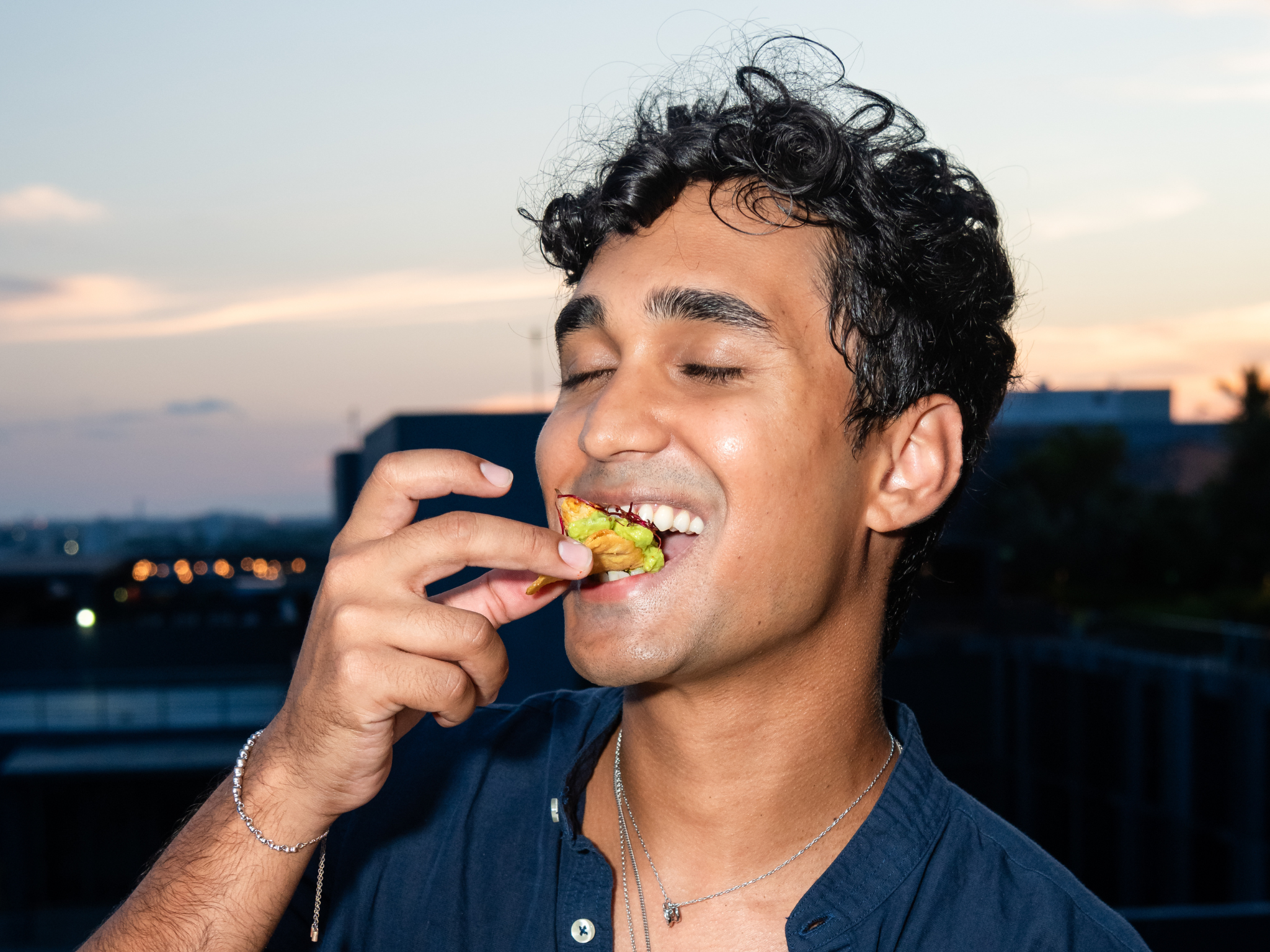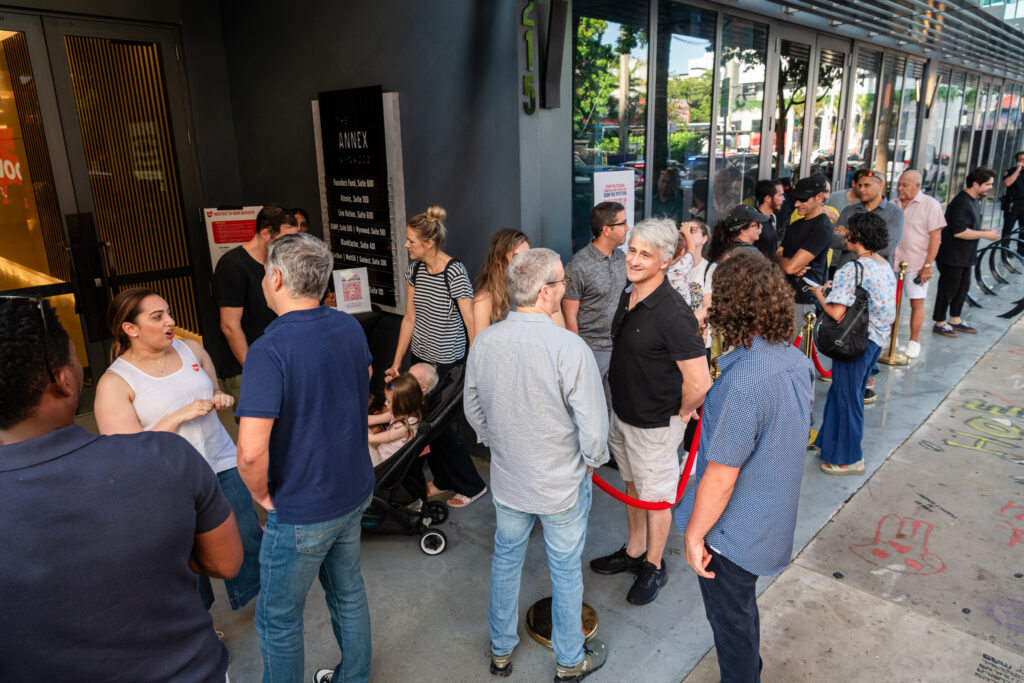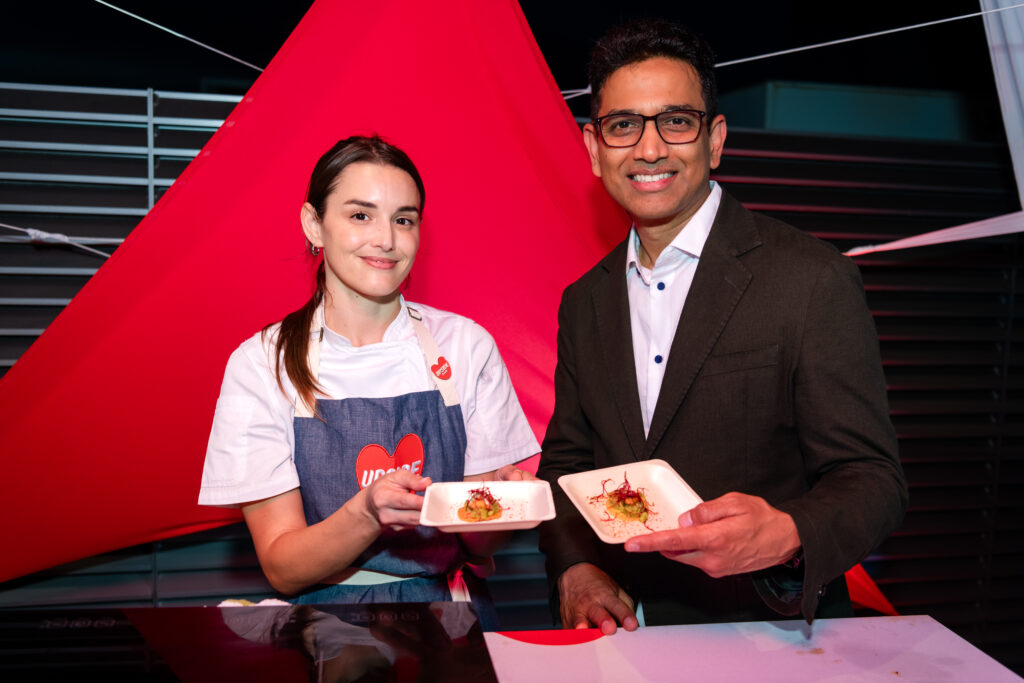
A study of Upside Foods’ cultivated meat tasting shows what consumers want from these proteins and what they don’t want from their lawmakers.
On June 27, 2024, a California company took a stand against the state of Florida.
Upside Foods, the first startup to be approved to sell cultivated meat in the US, held a public tasting of its chicken at a rooftop in Miami. It was a precursor to what was to come four days later: a statewide ban on these proteins, championed by Governor Ron DeSantis.
Since then, five more states have followed suit. Alabama, Mississippi, Montana, Indiana, and Nebraska have all outlawed the sale of cultivated meat, but the public doesn’t seem to be aligned with their leaders on this issue.
In an analysis of Upside Foods’s tasting event, researchers at Tufts University found that cultivated meat is viewed favourably both on a sensory and political scale. Every attendee who was interviewed opposed a ban on these foods, be it Democrats, Republicans, or those with another political inclination.
It comes during a year when the Food and Drug Administration has approved two additional companies to sell cultivated meat in the US, with Mission Barns now awaiting the greenlight from the Department of Agriculture for its pork fat, and Wildtype’s salmon already available in a Portland restaurant.

How do Americans feel about cultivated meat?
Attendees lining up to taste the cultivated meat spanned all ages, and while most attendees were white or Latinx, people from other ethnic and racial backgrounds were also present. That said, there were roughly twice as many men as women.
They tasted the chicken as part of a tostada created by Caja Caliente owner and TV personality Mika Leon. The cultivated chicken was made a la Plancha con Sazón and accompanied by avocado, chipotle crema, beet sprouts, and fresh lime zest.
Of those interviewed, 73% had a favourable review of the taste, but an equal share called for sensory improvements, mostly in terms of the chicken’s texture. This split opinion. Some found the cultivated meat indistinguishable from conventional chicken, while others found it similar or inferior to plant-based alternatives.
Aside from complaints about a “rubbery” texture, one key concern was the use of fetal bovine serum, which led to “striking and sudden reversals” from acceptance to rejection. “I wish I’d known they use animal ingredients. If I had known, I wouldn’t have tried it. I wouldn’t have eaten it,” said one taster.

Yet others indicated that they’d like to see cultivated meat reach price parity, an effort being accelerated across the industry. These reasons are why, while 80% expressed a willingness to try it again, only a quarter said they would do so regularly, pending further product development.
Interestingly, many attendees wanted to try it in other formats and see if they could cook it themselves. “The skill of a celebrity chef cooking the food was highly salient for respondents and led to caution or hesitation when answering whether what they tried would influence future food decisions,” the study notes in the NPJ Science of Food journal, quoting one attendee who said: “This was definitely cooked by someone who knew what they were doing.”
Democrat or Republican, nobody wants a cultivated meat ban
While Floridians had some words of advice for cultivated meat manufacturers, they had stronger words for the politicians looking to ban the innovation.
“I support innovation and I’m usually a big DeSantis supporter. But I don’t support him on this. I would vote against the ban,” said one attendee. “I feel like the ban is an interesting choice for a state that allegedly supports smaller government,” added another.
For one taste-tester, the ban was “completely based on scare tactics and political nonsense” and set a “really terrible precedent”. “We don’t ban foods in America. That’s not who we are, that’s just not what we do,” they said. “There’s no science behind the ban. It’s nonsense.”
The divergence from traditional party positions, particularly for those identifying as Democratic or liberal (who typically do not oppose government intervention), suggests that cultivated meat “might create new political fault lines defying traditional party stances”, the researchers write.

At the same time, the opposition to banning cultivated meat is non-partisan. “Self-identified Democrats, liberals, Libertarians and Republicans aligned on the belief that these technologies and foods should be allowed to progress and that government interference was overreach,” they explain.
“The ban violates ingrained values of freedom for Libertarians, free markets for Republicans, and signifies moving away from progress for societal benefit for Democrats and liberals.”
The study uncovered three theoretical pathways of acceptance: American identity, perceived sensory and cultural values, and the need for transparency and further innovation.
“Cultivated meat companies must prioritise transparent communication that dispels misconceptions and educates consumers about the production process, while avoiding marketing strategies that could provoke a backlash when setting unrealistic expectations,” says the study.
The post Everyone Who Tasted Cultivated Meat Opposed A Ban, Finds Tufts Study appeared first on Green Queen.
This post was originally published on Green Queen.